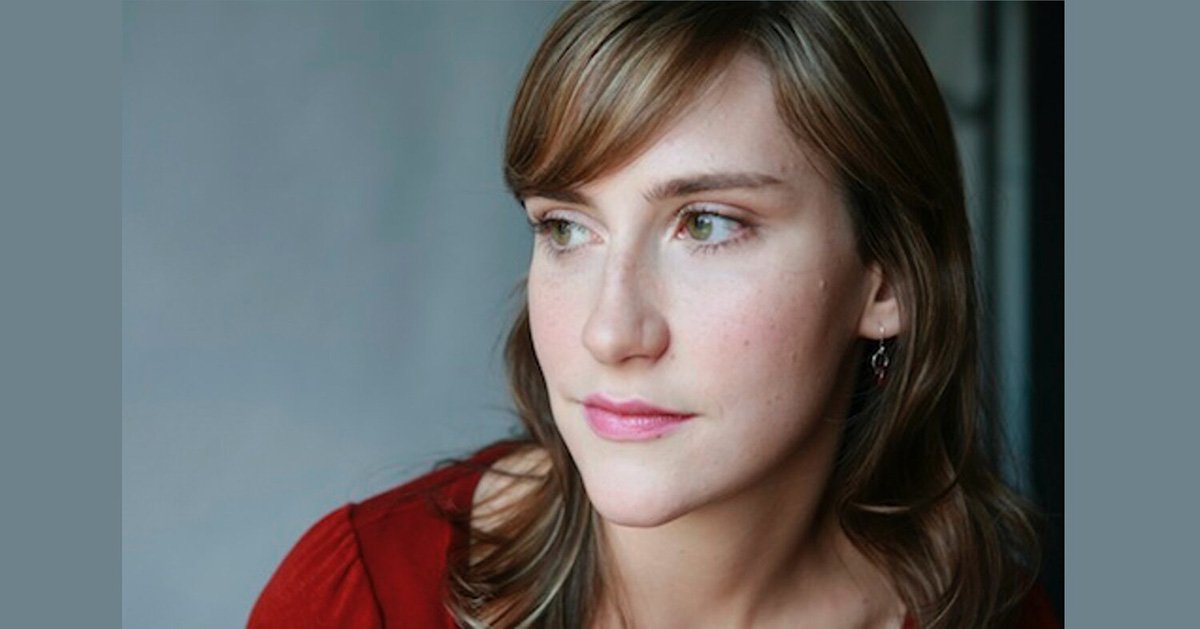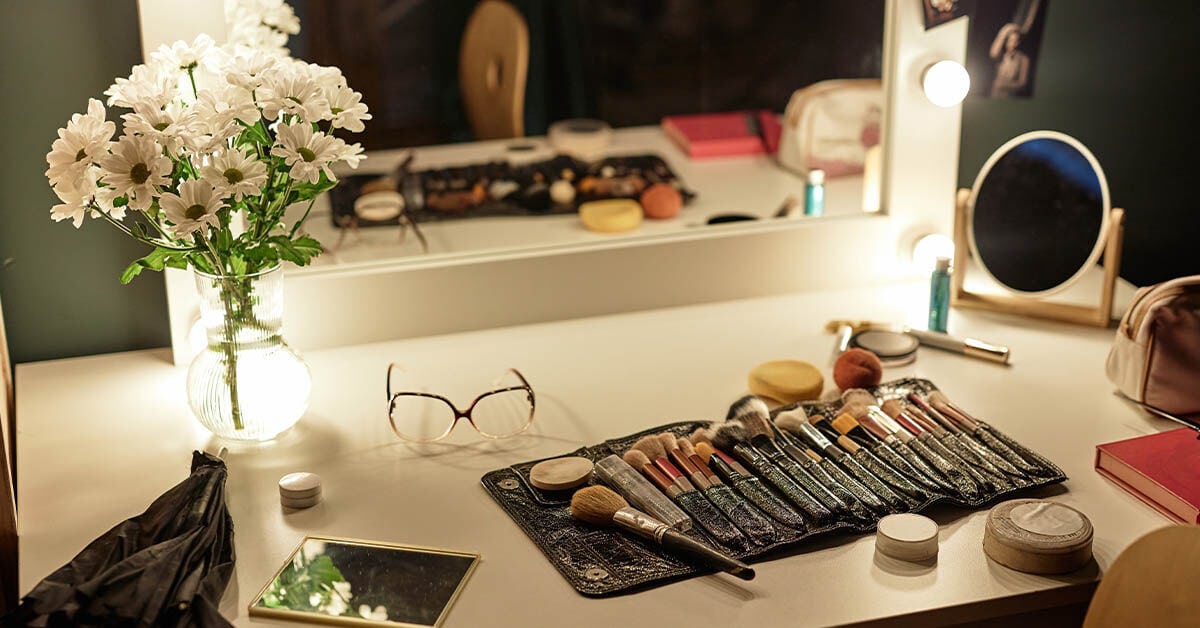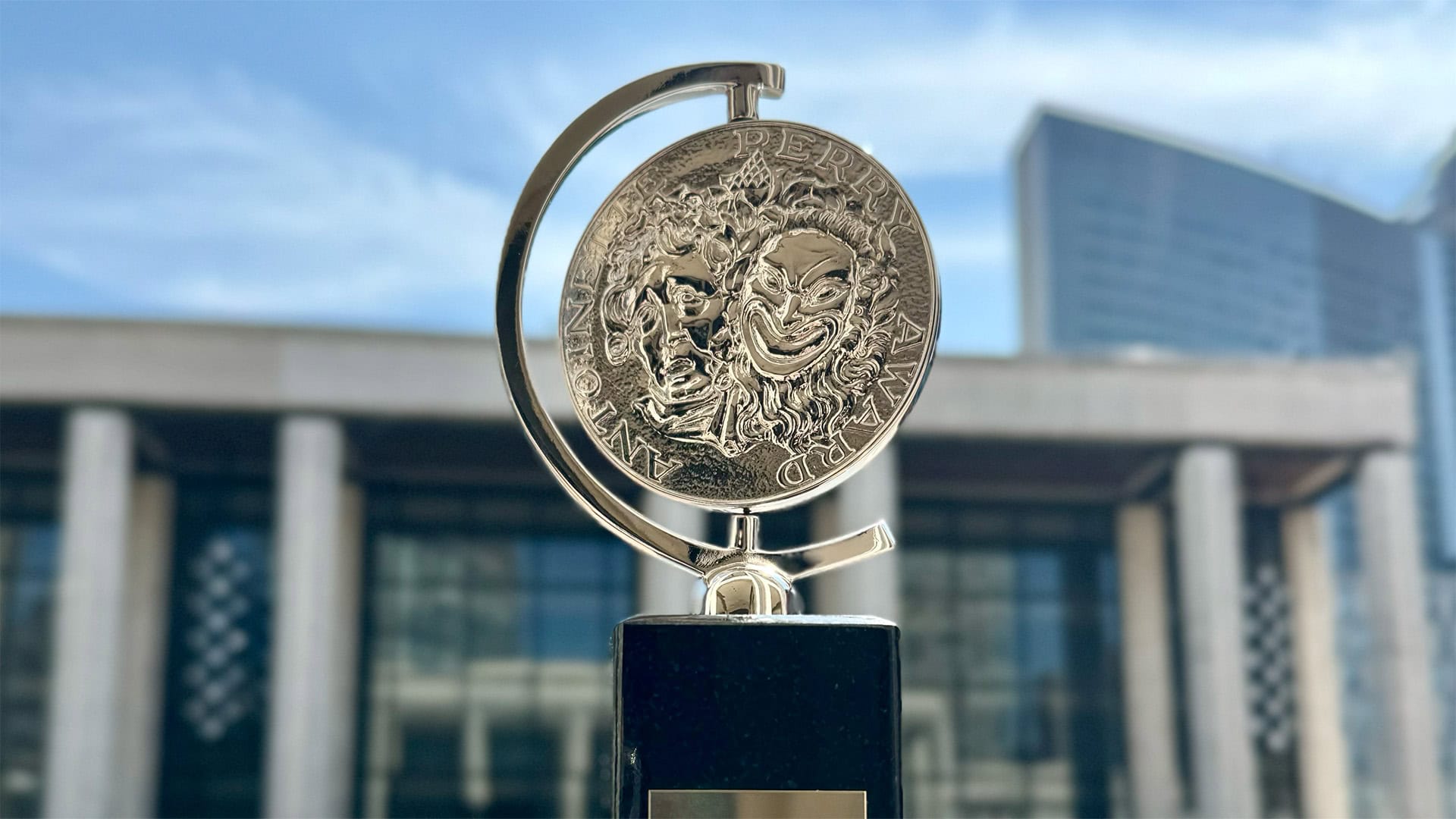
As all of us in the performing arts adjust to a new era, Concord Theatricals is reaching out to some of our authors for their personal reflections on Art in a Time of Crisis. (For other pieces in this series, click here.)
Award-winning lyricist/librettist/playwright Kait Kerrigan, co-author of The Mad Ones, Henry and Mudge and The Bad Years, and author of Father/Daughter, Disaster Relief and many others, shares her creative response to our query.
…
I have spent sixty-five days taking care of my daughter, writing as if the deadlines that still persist will lead me back to a room with actors, and making 190 meals, give or take.
I’ve learned how to bake bread with no yeast. After years of having one bag of flour I barely touched, I’ve gone through pounds and pounds of it: sourdough, pizza from scratch, ginger cookies, pumpkin bread. I’ve made my way through every old recipe I have and dozens of new ones.
My daughter has learned to draw stick people. Together, we have read several complete series of children’s chapter books (I enthusiastically recommend Dory Fantasmagory.) I’ve thought about writing my own – YA; middle-reader; maybe something the intense and wickedly funny 4-year-old in my house would like? I haven’t done that yet, but let’s see what “the year without theater” holds.
I’ve spent a lot of time narrating the plots of musicals to my daughter. First, Gypsy (Louise becomes an actress at the end – apologies to Arthur Laurents… and Gypsy Rose Lee), then Little Shop of Horrors (there’s been much discussion about the production I did with Brian Lowdermilk in high school, and how I was eaten but fed into the arms of my best friend at the time and so it wasn’t traumatic for me), and newly Sunday in the Park with George (the musical about the artist who has the same name as the monkey). From this, I’ve learned that musicals somehow still matter – more in the way that they mattered to me when I was in high school – as recordings, inside our imaginations, the productions we wished we could see but never got to because they were out of reach.
I’ve been thinking about the printed word. Fiction. Poetry. When I’m feeling panicked, I journal. I have the realization that I’ve always fallen back on words that are meant to be seen not heard.
This assignment, to write about how to survive a pandemic as a theater artist, panicked me. So I turned back to what I always turn back to: form. As the artist who has the same name as a monkey would say (care of Sondheim and Lapine) “The challenge: bring order to the whole, through design, composition, tension, balance, light, and harmony.”
So I wrote a villanelle, the first I’ve ever written. Say what you will about this pandemic, it’s a wonderful excuse to experiment, to throw paint at a wall and see what sticks. Villanelles are the most highly rigid poetic form. I wrote it for you. Then I wrote this little essay because I no longer felt panicked.
…
We used to gather round a single light
With friends and strangers equal in the dark
To tell a lie so true it could ignite.
Our stories fed a growing appetite.
Whole industries built on our watermark.
We used to gather round a single light.
And soon we were a minor satellite
With Golden Ages thriving from our spark
That told a lie so true it could ignite.
And now disruption hits like dynamite.
As pillars fall, the panorama’s stark.
We used to gather round a single light.
We’re learning how to gather with no site,
We’re learning how to play without a park,
We learn new lies so true they could ignite.
And theater is the place we’ll reunite
With plays that have a gnarled and twisted arc.
We used to gather round a single light
To tell a lie so true it could ignite.
…
For more information about licensing Kait Kerrigan and Brian Lowdermilk’s The Mad Ones, click here.

Women and Show Biz: A Conversation with Playwright Peter Quilter

A Pan of Buttermilk Biscuits: Purlie Victorious and Sustenance

